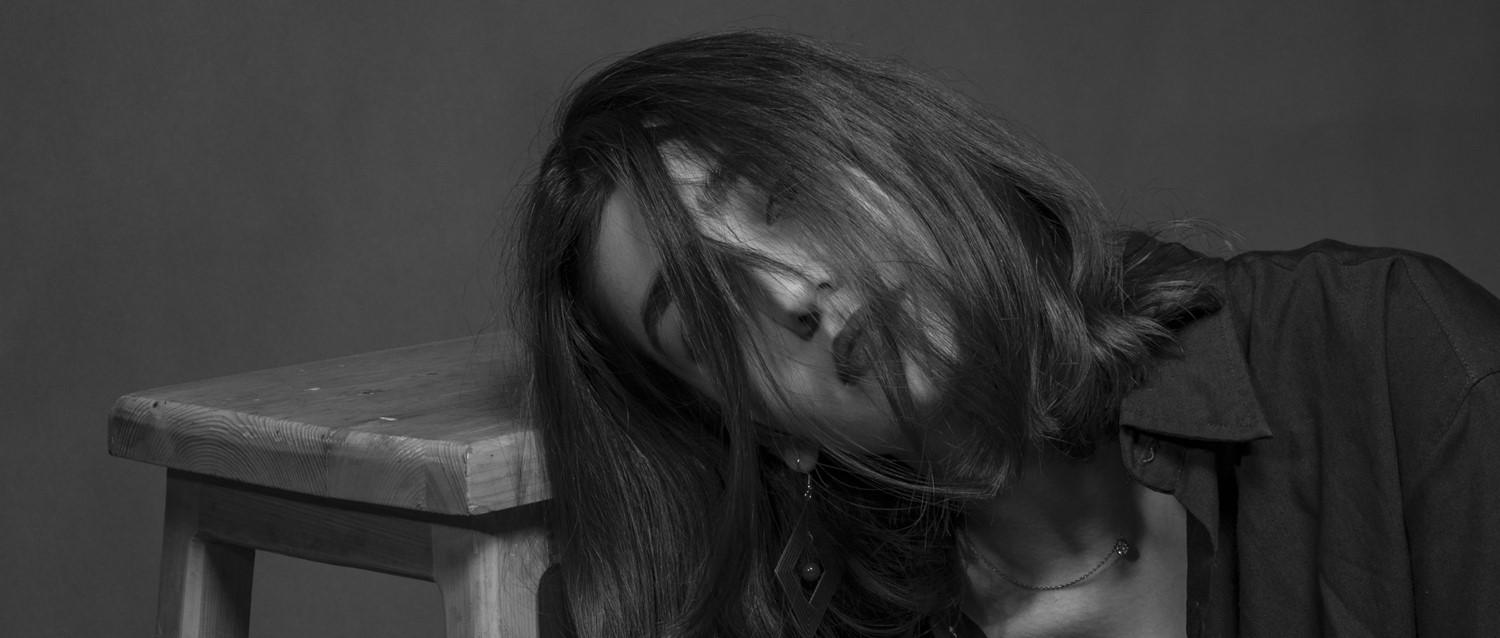
Why do I feel depressed in the New Year?
Peer reviewed by Dr Krishna Vakharia, MRCGPLast updated by Amberley DavisLast updated 18 Dec 2023
Meets Patient’s editorial guidelines
- DownloadDownload
- Share
- Language
- Discussion
Most of us take part in the annual Christmas and New Year celebrations and rituals, which include reflecting on the year and creating resolutions for the one ahead. Although these traditions can be enjoyable, there are many reasons why they may leave us feeling depressed.
In this article:
Continue reading below
Post-holiday blues
Christmas and New Year can be a merry and social time, but if you find yourself struggling emotionally and mentally, you're not alone. Over December and January, University College London (UCL) has previously reported a sharp increase in depression and anxiety1.
Why are so many people experiencing symptoms of depression as Christmas celebrations cease and a new year begins?
SAD and New Year
Back to contentsDr Sandra Wheatley, psychologist and associate fellow of the British Psychological Society (BPS), points out that: "If you are vulnerable to depression, the timing of New Year is rotten. It's the darkest period of the year, with New Year's Day falling near to the shortest day and longest night."
These short, dark days in winter can cause some people to experience seasonal affective disorder (SAD) - sometimes called winter depression. This occurs when the lack of sunlight triggers changes in certain brain chemicals and hormones, making us feel low. Although not everyone develops the full symptoms of SAD, many people lack energy and feel low from time to time during winter.
Continue reading below
Reflection and New Year resolutions
Back to contentsOn top of the seasonal influences that can trigger depression, the Christmas and New Year period is often filled with high expectations, reflection and New Year resolutions. This combination can take a physical and mental toll.
New Year is seen as a time to take stock and reflect on the past year, which can be difficult if you feel that you haven't achieved everything you wanted to. This tendency to annually measure your success and the pressure to set new goals or resolutions, fitness-related or otherwise, can be upsetting and stressful. Reinventing yourself in the new year may seem like a positive thing to do, but it may be negatively affecting your mental health.
Loneliness
Back to contentsLoneliness is often heightened over Christmas and New Year, when expectations to spend time with family and friends are high. This can affect many people, but older people are particularly vulnerable, because so many live alone, and because this time of year can bring back memories of happier times and people who have passed away. Age UK estimates that half a million older people in the UK feel lonely over Christmas and New Years2.
Continue reading below
Holiday season stress and exhaustion
Back to contentsWhile social isolation can leave us feeling lonely, a calendar filled up with Christmas and New Year social events may also negatively impact our mental health. A string of social obligations can easily lead to Christmas burnout, causing financial stress, triggering social anxiety, and resulting in physical and mental exhaustion by the time New Year rolls around.
Alcohol
Often adding to this effect is alcohol, a substance which is very much ingrained within our festive culture, from family gatherings to Christmas work parties where one third of people feel the pressure from peers to drink3. Dr Wheatley warns of the dangers of heavy drinking:
"Alcohol is not an ideal drug for those who have a tendency toward depression or anxiety as it can make these feelings much worse. For many people, including those who aren't as vulnerable to clinical mental health issues, too much alcohol can lead to physical and mental exhaustion.
Alcohol disrupts our bodies' sleep patterns, and continuous heavy drinking will leave us constantly tired, which in turn feeds into mental exhaustion. Entering January absolutely exhausted makes anxiety and depression a much more likely outcome."
Grief
Back to contentsThe Christmas and New Year period is a time of coming together. While this is a positive and well-intentioned message, it's challenging for those dealing with the loss of a loved one. The traditions and memories associated with the season can make grief all the more consuming over the Christmas season.
Facing a whole new year when we are dealing with grief can also be hugely upsetting and overwhelming. While people going through a bereavement are encouraged to deal with their emotions day by day, New Year encourages everyone to reflect on their lives - the past year and the year ahead. Unfortunately, this perspective can make dealing with loss much harder to process.
Further reading
Back to contentsPatient picks for Depression

Mental health
Is social media making us depressed?
In the last 10 years, social media platforms from Facebook and Twitter to Instagram and Snapchat have changed the way we communicate with and relate to each other, but a growing amount of research suggests this has had a negative effect on our mental health.
by Danny Chadburn

Mental health
Alarming' rise in self-harm in young people
Despite an increase in reports of self-harm across the population, only half are receiving mental health treatment.
by Milly Evans
Article history
The information on this page is peer reviewed by qualified clinicians.
18 Dec 2023 | Latest version
27 Dec 2021 | Originally published
Authored by:
Amberley Davis

Ask, share, connect.
Browse discussions, ask questions, and share experiences across hundreds of health topics.

Feeling unwell?
Assess your symptoms online for free
Sign up to the Patient newsletter
Your weekly dose of clear, trustworthy health advice - written to help you feel informed, confident and in control.
By subscribing you accept our Privacy Policy. You can unsubscribe at any time. We never sell your data.